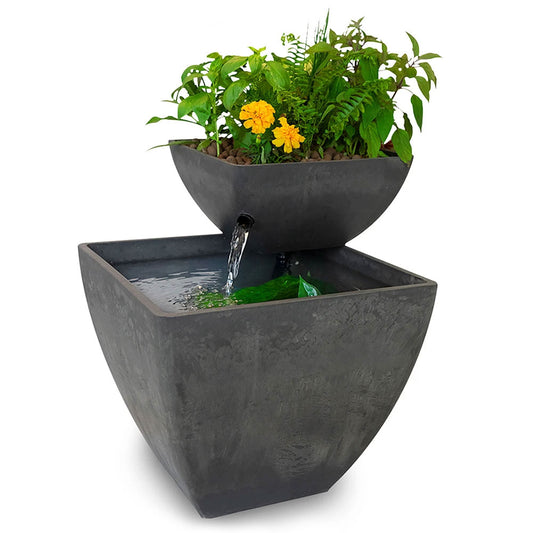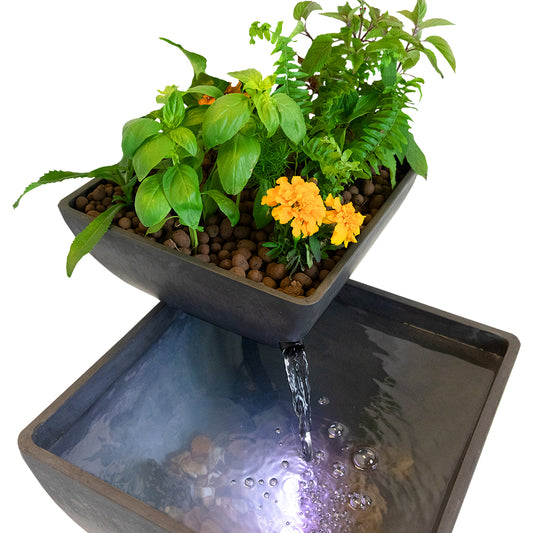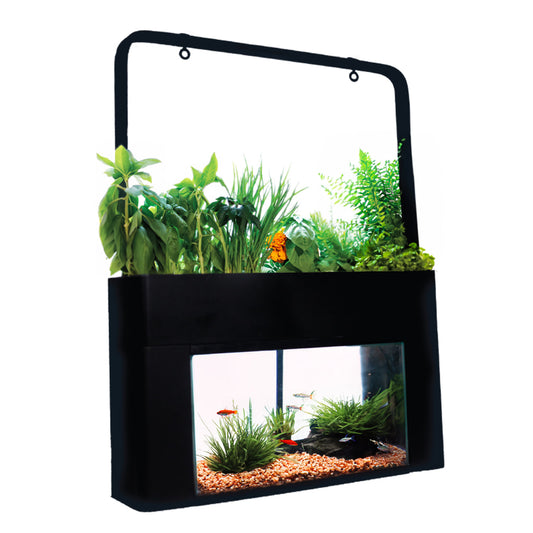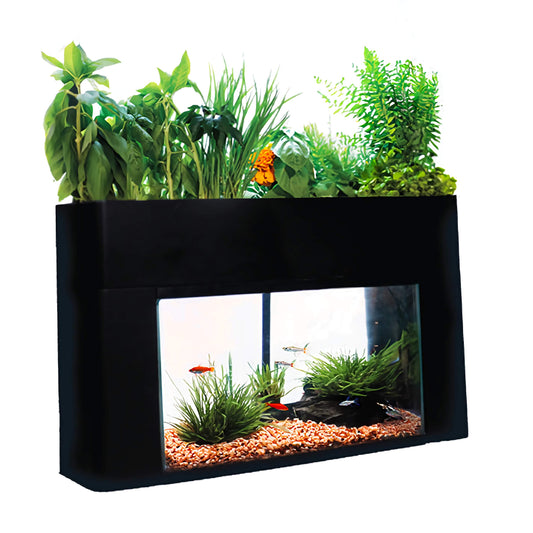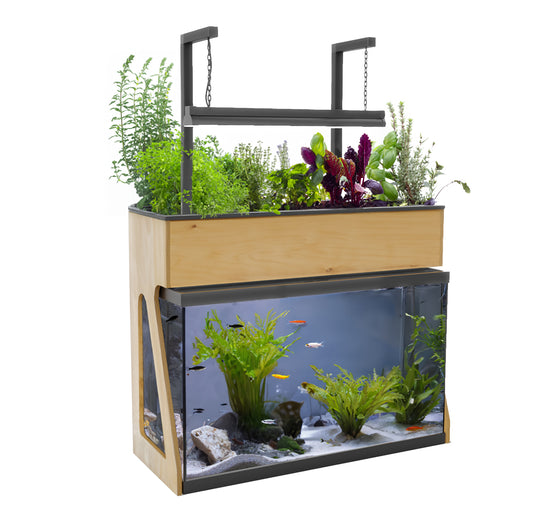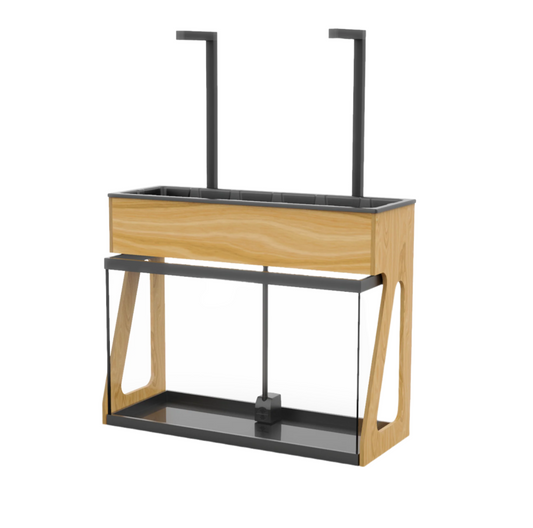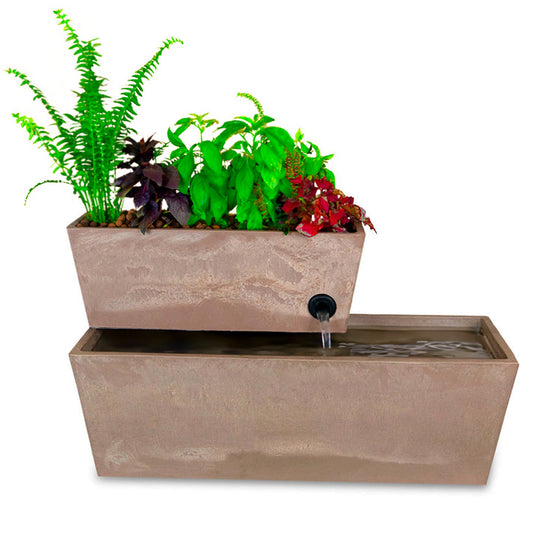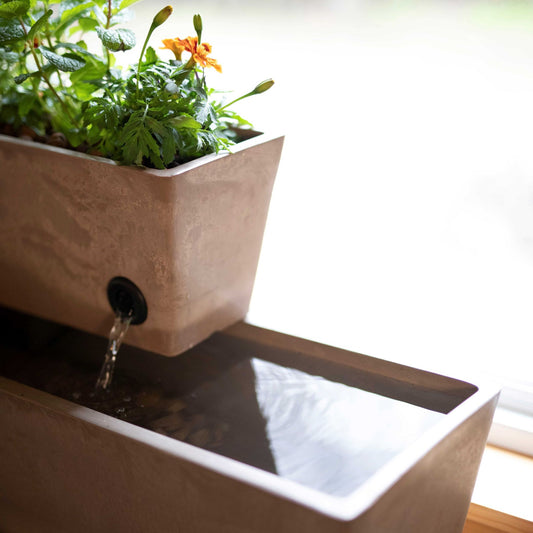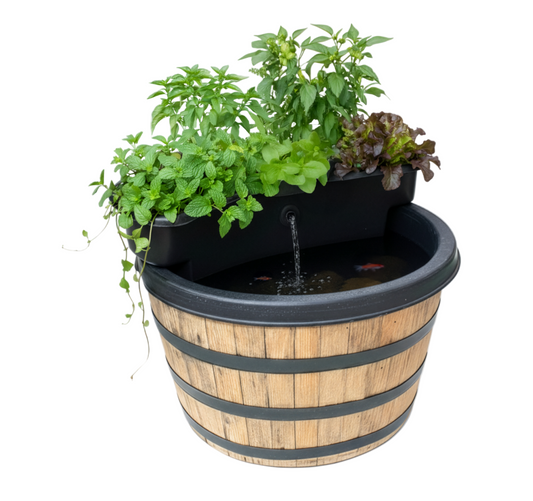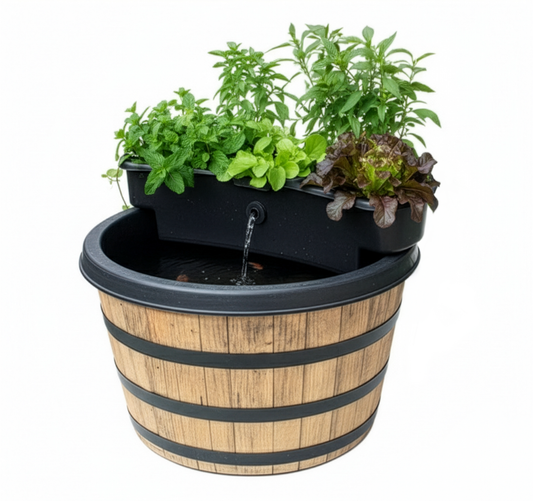Middle School Students First to Successfully Grow Corn in Martian Regolith and Win Two Best in Show Categories for International Competition
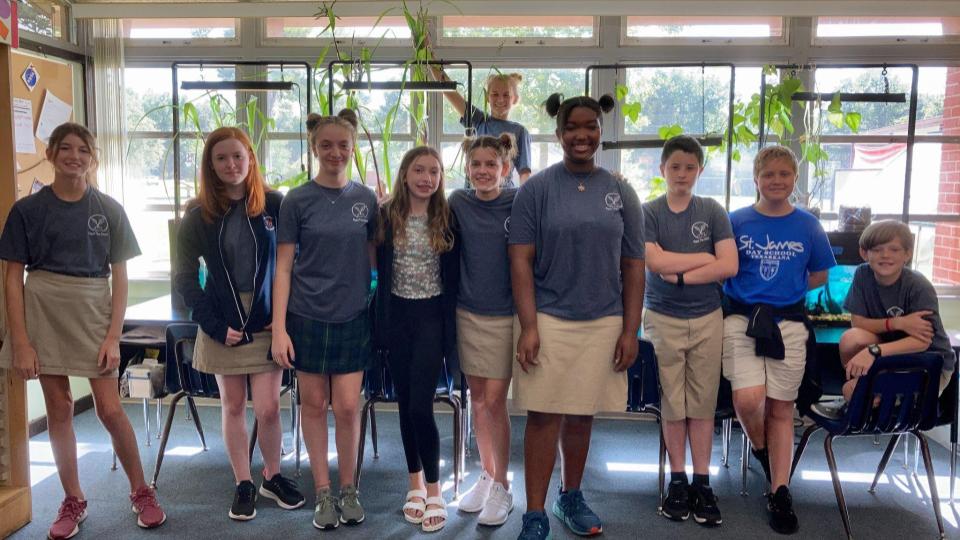
A group of students from St. James Day School in Texarkana, Texas recently managed to win two awards from the Institute of Competition Sciences “Plant the Moon” challenge. This contest not only encourages students to work on experiments to grow the best crops, but also learn teamwork and other valuable life skills. The task wasn’t simple at all: participants were challenged to grow crops using lunar regolith simulant. Regolith is composed of loose, unconsolidated superficial deposits covering bedrock. By ordinary standards, this is not the type of substrate that should be used to grow plants and crops.

These middle school students used the inorganic material to simulate the eco-system on lunar soil and successfully grew edible plants and food. A self-watering system seemed essential for the task, and they designed a wicking system to achieve this vision. They also worked with out-of-the-box ideas and even created pellets out of the lunar regolith.
“This competition is fun because I get to learn a lot about lunar regolith and growing things in space and all about NASA,” said 7th-grader Katherine Ayers. The students won awards for evaluation of results and innovation.
Months of effort, research, and observation have been invested into this project. AquaSprouts, a company focused on alternative growing techniques utilizing hydroponics and aquaponics, donated supplies, materials, and support to help bring the endeavor into fruition.
“This has been a tremendously exciting challenge for my students, and for me. It will be no simple task to colonize the Moon or Mars, but it’s amazing to think that our research could help contribute to these goals,” said Nicole Ayers, teacher at St. James Day School. “The AquaSprouts Gardens were an integral part of our project, and we are incredibly grateful to have these as part of our science lab for ongoing research.”
The team won two additional Best in Show awards for Experimental Design and Evaluation of Results. They have now won a total of six Plant the Moon and Plant Mars challenge competitions. These contests are hosted by the Institute of Competition Sciences, in collaboration with the University of Central Florida’s CLASS Exolith Laboratory and NASA Solar System Exploration Research Virtual Institute (SSERVI).
Read the complete article here.

